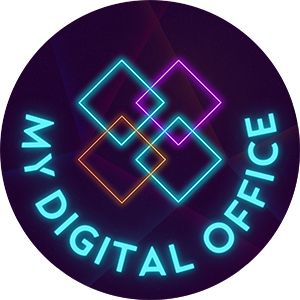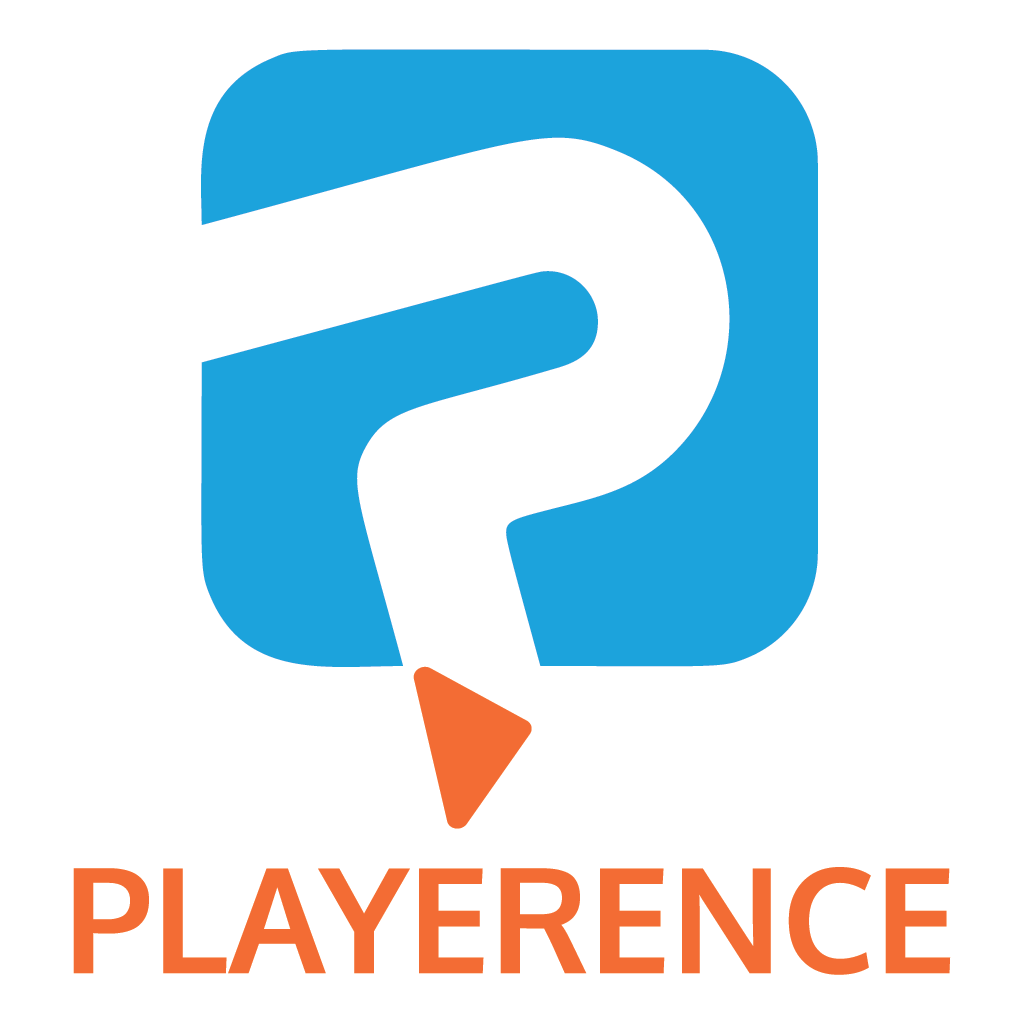It is still widely believed that hovering over a worker’s shoulder and closely monitoring one’s activity correlates directly with increased productivity. To this end, the traditional office serves as a location to get work done and also as a place where one’s job can be witnessed being done.
But in the surge of remote and hybrid work arrangements where responsibilities and tasks can be fulfilled from outside the office, remote employee monitoring becomes a puzzling dilemma and a source of worry for the managers.
According to reports dated January 2021, one in five companies was deploying surveillance software to remotely monitor their employees—in some circumstances without the employees’ consent or knowledge. Does that mean managers don’t trust remote employees and find them less accountable when it comes to organisational goals?
Ultimately, both parties want to build a mutually trusting relationship; thus, any invasive attempt on the employer’s part to implement a way of monitoring performance can quickly backfire.
On the other hand, there’s a need for specific mechanisms to ensure the optimal performance of remote teams. So, how do you find the balance?
In this article, we will look at why managers believe that in-house employee monitoring drives better productivity and the ways to address the issue without jeopardising the relationships with the remote teams.
Is Remote Employee Monitoring on the Rise? What Does Statistical Data Say?
Calls for more oversight of remote or hybrid employees have been expressed in a variety of contexts, ranging from the increasing demand for remote employee monitoring software to noticeably improved productivity.
Recent data shows that 60% of companies with remote staff use monitoring tools to track workers’ activity, with 81% of businesses noticing an improvement in remote employee productivity.
In addition, 73% of employers leverage stored emails, calls, messages, or videos to inform their decisions on remote workers’ performance reviews.
Work-from-home employees also notice the change of wind, although it often has a negative psychological impact on them. 56% of staff feel stress and anxiety about their boss surveilling their communications, with 41% constantly wondering if they are being watched. This seems to transpire into poor morale and reduced productivity, as people feel that hours spent in front of the computer screen are more important than their quality of work.
In the face of this conflict, what are the underlying reasons for the executives’ preference for an in-house setting over remote work?
Reasons Why Managers Don’t Buy Into Remote Work Productivity
Fear of Weak Links
The paradigm shift in how work is organised has led to an increase in the number of organisations hiring for positions that can be performed entirely from a distance. However, remote recruitment comes with its own challenges, as managers cannot properly onboard new workers, fearing that they might hire weak links who aren’t interested in the company or don’t have the qualities to thrive in the remote environment.
By the same token, monitoring such employees and helping them realise their potential could be complicated, as managers don’t have prior experience dealing with these individuals, nor do they have a face-to-face rapport that they can use to build trusting relationships. This worries many employers, adding to their anxieties and casting doubt on their ability to manage these workers.
Loss of Control
When Covid hit, resulting in a sudden loss of the ability to monitor employees, managers realised that they no longer had the same powers to control their teams.
Managers’ anxiety was an immediate reaction to working-from-home arrangements, followed by the instant loss of faith in remote workers, overriding the trust built over the years of working in the office environment. Many still believe that individuals must be seen to ensure they are working and performing.
It’s Harder to Hold Remote Workforce Accountable
It’s no surprise why 18% of senior executives claim that the most challenging aspect of the remote model is ensuring accountability. Are employees completing agreed-upon working hours? How much time do they spend away from their desks at home? These and many other questions arise for leaders who manage remote or hybrid teams.
The truth is that if something goes wrong, it is indeed more challenging to hold somebody working from home accountable. Lack of face-to-face interactions coupled with limited monitoring opportunities means managers have fewer chances to engage remote workers; thus, they are less likely to fulfill their roles properly and achieve organisational targets.
Is it Possible to Find a Happy Medium?
While bringing people back to offices could be a solution for some, it’s unlikely to be sustainable in the long term. The future of work is remote or at least hybrid models, so companies must perfectly balance the interests of the business and the desires of the employees.
However, it all begins with fundamental ground rules or sound managerial principles per se, which should be applied first before turning to remote employee monitoring software.
Employee vs. employer remote relationship should be ingrained in mutual trust. It’s never a good approach to distrust somebody without giving them the proper opportunity to prove themselves. There is no immediate need to enforce hard methods seeking to snoop on your remote staff.
In fact, if you allow your employees the flexibility to make decisions and assess them based on their results, they are more likely to surpass your expectations.
But if you still want to keep your finger on the pulse, consider asking remote employees for daily progress reports, which are less invasive and allow employees to self-reflect. In addition, organise frequent meetings to interact with your staff on matters outside the scope of their job, otherwise known as personal wellbeing check-ins.
A Final Word…
Working from home is not a poor equivalent to working in an office environment, especially if managers can overcome fears and anxieties related to productivity, performance, and accountability. It could be tempting to watch employees’ work closely, but frequently such behaviour can lead to undesirable outcomes and irreparable relationships.
Making remote employees accountable for their work and role within the business requires maximum involvement in the organisation, so they can clearly see how their contributions fit in with the company’s overarching vision.
My Digital Office can help streamline siloed remote working tools and practices, enhancing the visibility into everyone’s progress and status updates. With just one click, you can quickly know where individual team members are and what they’re doing right now. My Digital Office allows you to be part of a live and collaborative working environment where you don’t have to worry that somebody is not pulling their weight.








